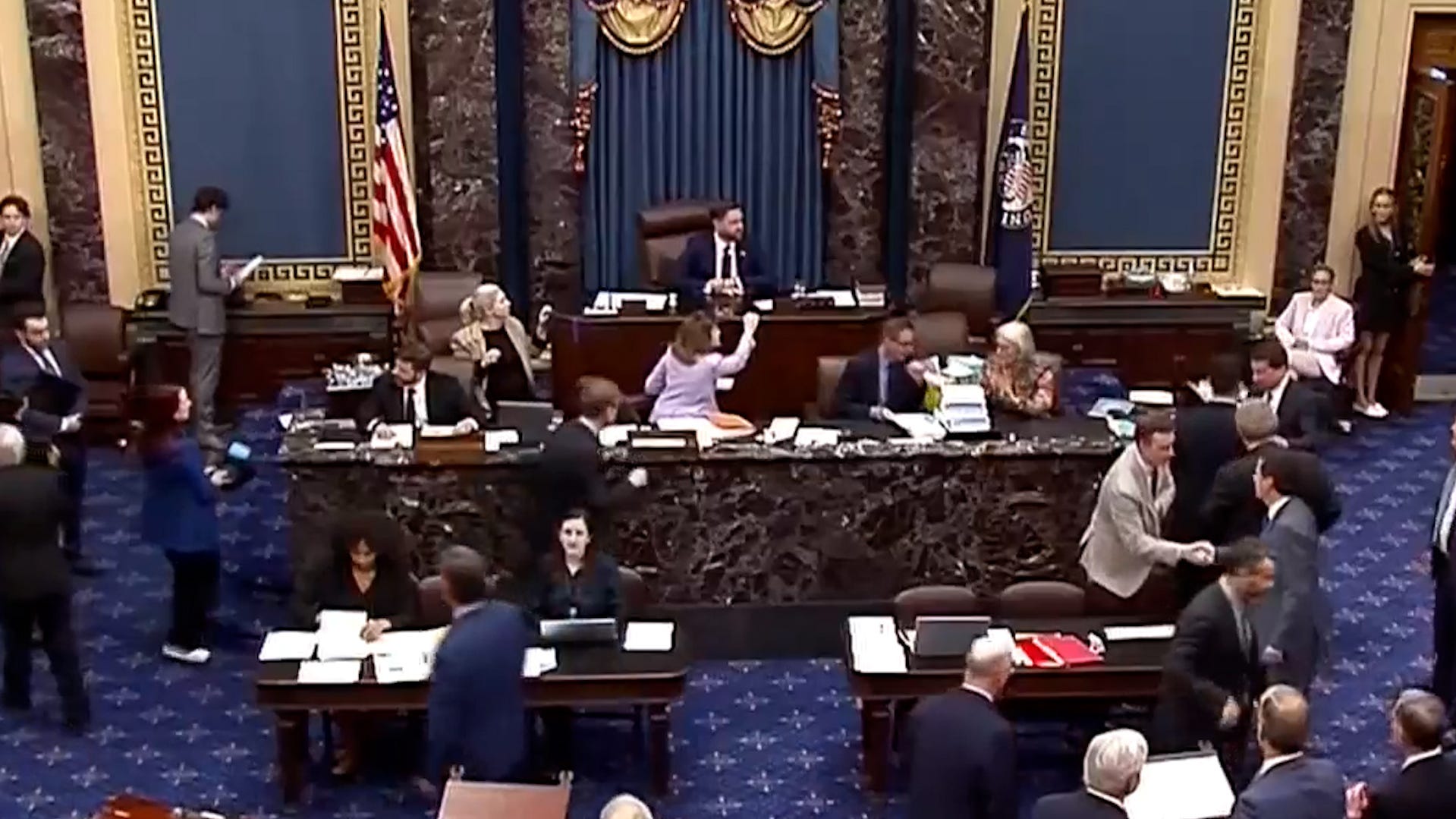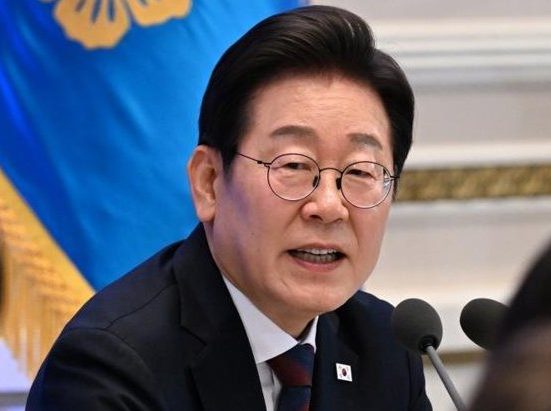
President Trump’s big bill passes Senate with help from JD Vance
President Donald Trump’s amended bill was narrowly passed by the Senate, with Vice President JD Vance’s vote breaking the 50-50 tie.
- The Trump administration may eliminate federal funding for the 21st Century Community Learning Centers, impacting after-school programs nationwide.
- The cuts will affect nearly 1.4 million children, many from low-income families, and programs in the Lower Hudson Valley are at risk.
- Nonprofits like United Way of Westchester and Putnam warn of potential program closures and increased costs for families.
The Trump administration is moving to eliminate the sole nationwide after-school initiative funded by the federal government, possibly including programs across the Lower Hudson Valley.
At the last minute, the administration plans to cancel promised funds for more than 10,000 local programs nationwide that provide enrichment for nearly 1.4 million children, mostly from high poverty or low performing schools. Those programs receive funding earmarked for 21st Century Community Learning Centers.
Among Westchester after-school programs likely to be hurt are those run by United Way Westchester and Putnam (UWWP), the Boys & Girls Club of New Rochelle, and Family Service Society of Yonkers.
Trump signed a spending bill in March that allocated approximately $1.3 billion for 21st Century Community Learning Centers, with states responsible for distributing the money through competitive grants. Federal funds were to be released on July 1, but states were informed on June 30 that the funds would be withheld indefinitely.
The U.S. Senate on Tuesday, July 1, passed its version of Trump’s “Big, Beautiful” spending bill, which includes billions in education cuts that target the after-school funding and programs that support under-resourced and low-income K-12 students.
Rockland21C, a nonprofit organization that partners with eight Rockland County school districts to provide early learning, family engagement and support services, could lose key funding, as well.
Rebecca Christner, executive director of Rockland 21C, estimated that about 1,300 students in the East Ramapo school district participate in programs that get federal funds for 21st Century Community School Learning Centers.
“Those programs include after-school programs, enrichment programs, field trips and summer programming,” she wrote.
United Way warns about impact of cuts on after-school programs
United Way of Westchester and Putnam is among nonprofits facing serious setbacks. The organization offers after-school and summer programs and seeks to give students, especially those from underserved families, access to enriching opportunities outside the classroom.
In an email sent July 1 to board members, UWWP President and CEO Tom Gabriel wrote that $1.2 million in pre-approved funding for its after-school programs is now on hold. This money funds the Education United Afterschool Programs offered in Ossining, Greenburgh and Tarrytown during the school year.
“Even if it gets released,” he wrote, “with the budget passing the Senate yesterday (and still without funding for afterschool care) there’s no money available for the future.”
In 2022, UWWP received a $6 million grant through the New York State Education Department to fund 21st Century Community Learning Centers for five years.
Gabriel said United Way will continue operating with the resources it has, but the cuts will affect nearly 600 children and families who rely on the after-school program in Westchester, as well as 55 staff members working in classrooms and offices.
Faith Ann Butcher, chief impact officer at United Way of Westchester and Putnam, said the organization learned of the canceled funding through news reports. The nonprofit had not heard from the state Education Department as of Tuesday afternoon.
Butcher said that parents could have to pay a fee for their children to attend the Education United Afterschool Program.
“That’s gonna end up costing parents thousands of dollars at a time where they don’t have it,” she said. “The whole point of the program is to help families do better and just survive. Not having those funds will just make them struggle even more.”
Studies, polls show after-school programs improve student attendance, performance
Butcher said that an independent evaluator found that after-school programs improve students’ attendance and academic performance. In 2023–24 program, 69% of participating students improved their daily attendance, while teacher assessments indicated that 71% of students improved their classroom engagement.
“We’ve helped combat chronic absenteeism [and] we’ve increased literacy rates. [The program] makes a major difference,” Butcher said. “Education is the number one solution for breaking intergenerational poverty.”
In a 2024–25 parent survey, 76% said the program helped boost their child’s academic performance. Nearly all parents, 96%, said they would recommend the program.
Butcher said that some parents have reached out, concerned about the program’s future.
Jodi Grant, executive director of Afterschool Alliance, a national nonprofit that partners with businesses and others to strengthen after-school programs across the country, decried the cuts of promised funds.
“If these funds are not released very soon, we will quickly see more children and youth unsupervised and at risk, more academic failures, more hungry kids, more chronic absenteeism, higher dropout rates, more parents forced out of their jobs and a less STEM-ready, and successful workforce as our child care crisis worsens dramatically,” Grant wrote.
A national survey from the Afterschool Alliance found that 90% of parents see after-school programs as essential, with 89% agreeing they help prevent risky behaviors and negative influences in-person and online.
The alliance has launched a petition and is encouraging people to contact their congressional representatives, attorney general and governor to push the White House to release the funds.
“We will mobilize parents, educators, and the overwhelming majority of voters who support afterschool and summer learning to fight for release of the FY25 funds,” Grant wrote. “Afterschool and summer learning programs keep kids safe, inspire them to learn, and give working families peace of mind that their kids are safe, supervised and learning when schools are out.”






